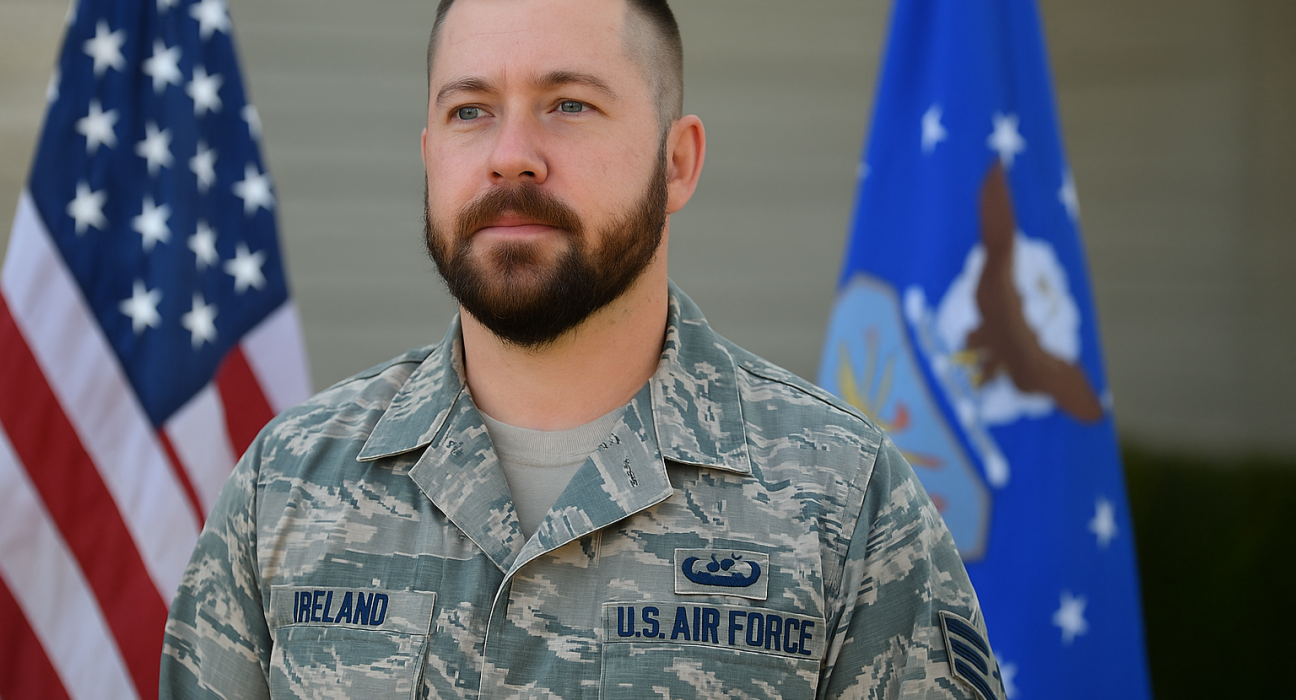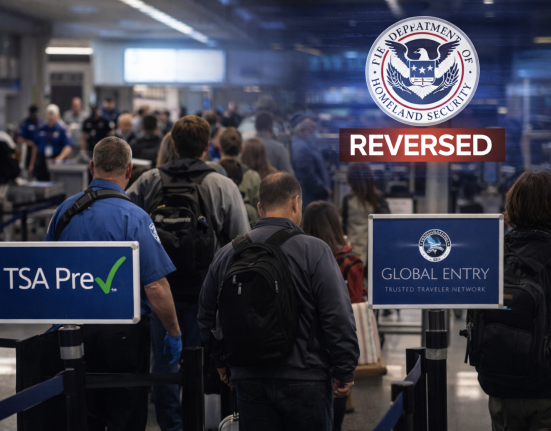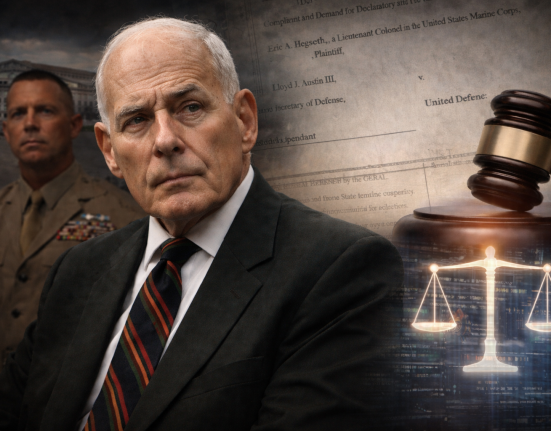- On August 7, 2025, Reuters reported that the U.S. Air Force has denied early retirement to transgender service members who have served for 15 to 18 years. Instead of allowing them to retire with prorated benefits under the Temporary Early Retirement Authority (TERA), the Air Force is requiring these individuals to either voluntarily separate with a lump-sum payment or face discharge, both of which come without traditional retirement benefits The Military
- The policy stems from a memo dated August 4, 2025, signed by acting Assistant Secretary Brian Scarlett, which rescinds previously granted early retirement approvals for transgender members in that service bracket. Members with 18 to 20 years of service remain eligible for early retirement benefits Reuters.
- Affected service members who had already been notified of early retirement—such as Master Sgt. Logan Ireland, a 15-year veteran—saw these approvals abruptly reversed, leading to profound personal and financial distress. Advocates called this a “betrayal” of commitments made to dedicated service members AP News
- This action follows broader changes prompted by Executive Order 14183 (“Prioritizing Military Excellence and Readiness”), issued in January 2025 by President Trump, which banned transgender individuals from military service. The U.S. Supreme Court allowed enforcement of the ban in May 2025 despite ongoing legal challenges ABC News.
- Civil rights groups and LGBTQ+ attorneys, including Shannon Minter from the National Center for LGBTQ Rights, denounced the decision as discriminatory and arbitrary, promising legal challenges. They emphasized the enormous financial implications, estimating losses in the hundreds of thousands of dollars over a lifetime due to denied retirement benefits Military Times.
- The Air Force acknowledged the emotional strain, offering counseling and emphasizing that the denial of benefits does not reflect on service member character. Still, the policy remains in effect, impacting around 4,240 active-duty and National Guard transgender troops, though advocacy groups estimate the number could be far higher ABC News.
Key Points
- Policy Action: Transgender service members with 15–18 years of service can no longer retire early with benefits; they must opt for lump-sum separation or face involuntary discharge.
- Legal Context: The policy aligns with a broader ban on transgender military service reinstated through Executive Order 14183 and a favorable Supreme Court ruling.
- Personal Impact: Those affected—including service members who had received preliminary approval—have reported emotional distress and lifetime financial setbacks.
- Advocacy Response: Civil rights advocates denounce the decision as unjust and promise legal action.
Future Projections
Legal Actions
Expect imminent legal challenges, as civil rights organizations may argue the policy constitutes a breach of retirement rights and discriminatory treatment.
Military Precedents
Other branches may adopt similar disqualification policies or TERA denials, establishing a broader precedent for transgender service exclusion.
Policy & Governance Debate
The move may trigger public and congressional scrutiny over fairness and transparency, especially regarding the military’s treatment of long-serving personnel.
Recruitment & Morale
Internal consequences could include declining morale and trust among service members, particularly in the LGBTQ+ community, potentially affecting retention and recruitment.
Public Opinion & Political Backlash
While public support for transgender military service remains substantial, this development could motivate renewed advocacy and electoral attention on military civil rights.
Neutral Reflection
This Air Force directive marks a tightening of restrictions on transgender military service under the Trump administration. Its immediate impact is deeply personal for affected service members, both financially and emotionally. Legally, the policy intersects with active challenges to the transgender ban itself. How the courts, public opinion, and the military’s internal structure respond will determine whether this becomes an enduring shift or a temporary retrograde in military policy.








Leave feedback about this
You must be logged in to post a comment.